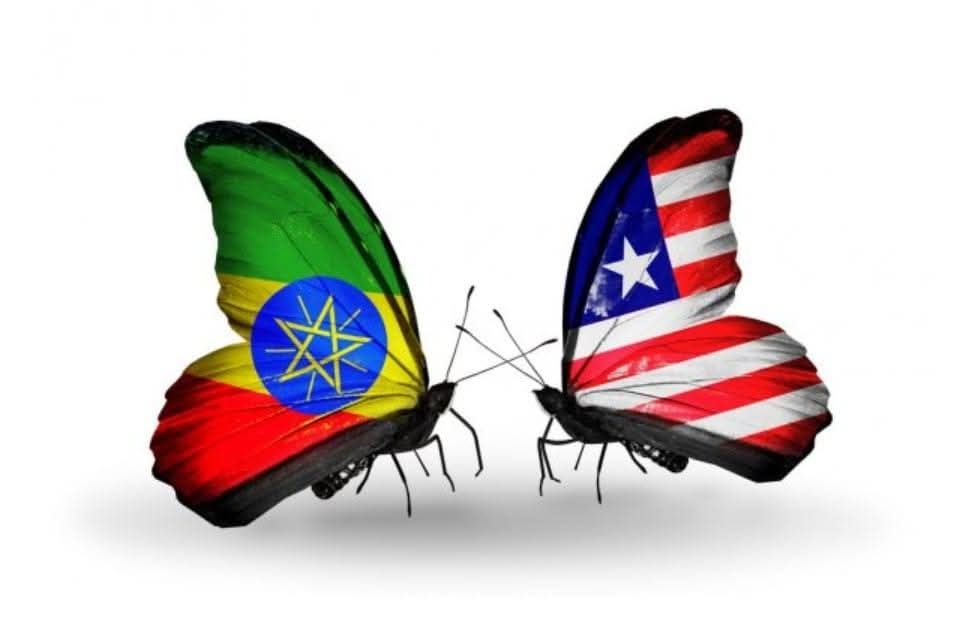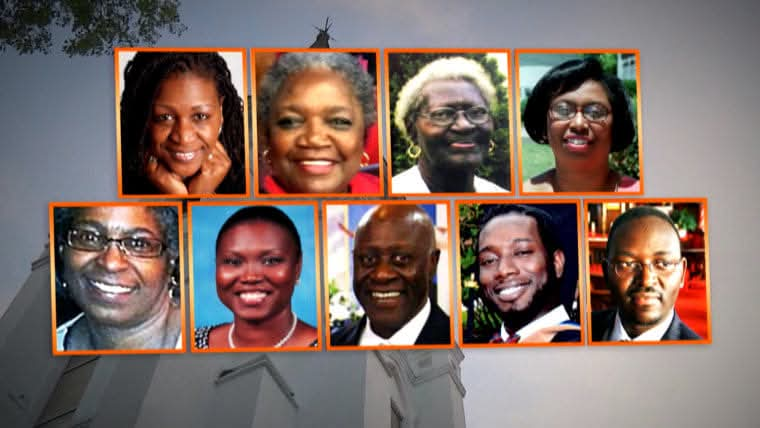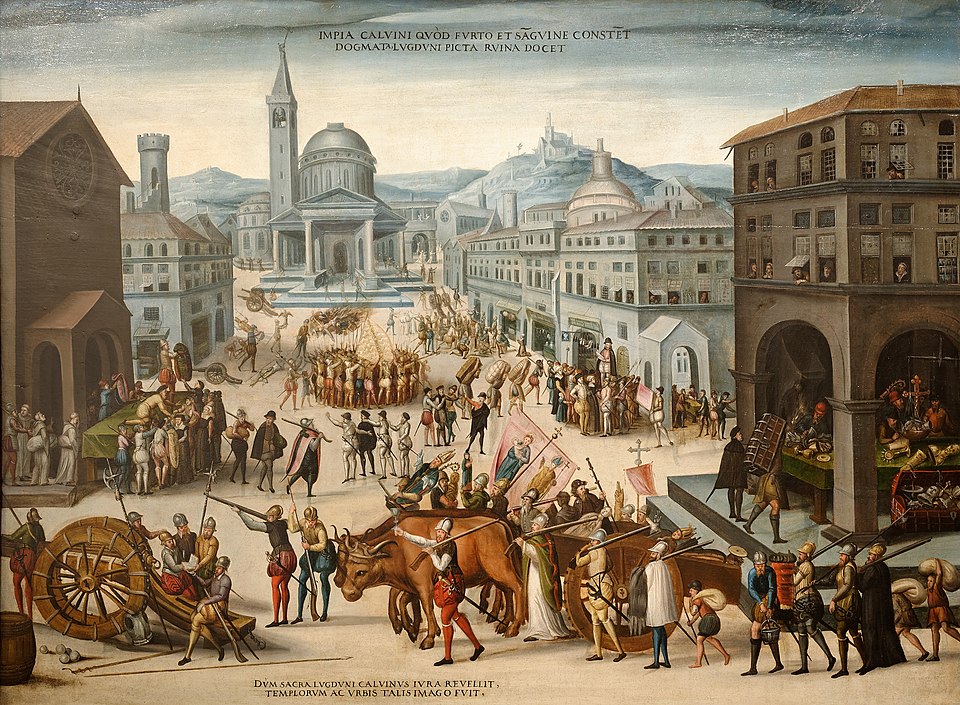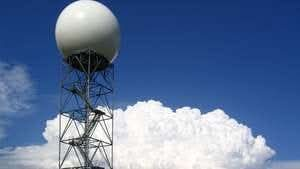IBB: A cursory view at Babangida's regime, Gulf Oil Money and June 12
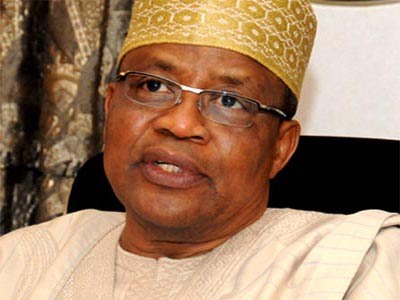
Did you know that the Gulf War in 1990 and 1991 caused a sudden increase in oil prices which led to an oil windfall of about $12.2bn between 1988 and 1994 that were allegedly mismanaged by the federal government?
In 1985, General Ibrahim Badamosi Babangida (popularly called General IBB), forcefully took power on allegation that his predecessors were corrupt violators of human rights, and promised to rectify the situation, committing to a return to democracy by 1990.
Nigeria had been saddled with a crushingly large international debt at that time because, despite over US$101 billion having been generated by the oil industry between 1958 and 1983, nearly all of these funds had been siphoned into the private bank accounts and the state sponsored pet projects maintained by the succession of Nigerian governmental elites.
Immediately prior to Babangida's rise to power, the International Monetary Fund (IMF) was exerting increasingly acute pressure on the Nigerian government to repay its massive debts, of which 44% of all federal revenue was already servicing. Therefore, it was unsurprising when Babangida implemented the IMF's Structural Adjustment Program (SAP) in October 1986 in order to facilitate debt repayment.
The SAP was extremely controversial while it was in effect between 1986 and 1988. While it did permit Nigerian exports to become more competitive internationally and spurred a degree of economic growth, the SAP also incurred a dramatic drop in real wages for the majority of Nigerians. This, combined with major cuts to important public services, incited public unrest so extreme that Babangida's Armed Forces Ruling Council was obliged to partially reverse the SAP initiatives and return to inflationary economic policies.
Babangida's rule also oversaw the annihilation of the Nigerian economic middle class, and Nigeria's entry to the Organisation of the Islamic Conference (OIC), despite Muslims accounting for less than 50% of the Nigerian populace, as at then.
The 1980s military juntas conducted several attempted re-organisations of the NNPC to increase its efficiency. However, according to most sources by the early 1990s, the NNPC was characterised by chronic inefficiency and waste. Red tape and poor organisation are standard, with the NNPC being divided into several sub-entities, each fulfilling a particular function. This is despite the NNPC's growing participation in the industry, including development and exploration of numerous off-shore wells. As a result, the functionality of the industry is dependent on foreign corporations, not the NNPC.
The sudden jump in oil prices caused by the First Gulf War in 1990 and 1991, as most researchers confirm, was at best squandered. The Babangida junta has been widely accused of "mismanaging" the oil windfall from the Gulf War price jump, which accounted for about $12.5 billion in revenues. Another alleges that the federal government siphoned off about $12.2 billion between 1988 and 1994 into private accounts or expenditures, "clandestinely undertaken while the country was openly reeling with a crushing external debt".
Under these circumstances, Babangida eventually allowed for nationwide elections on 12 June 1993. These elections were declared universally free and fair (at least in comparison to past elections) by all major international election monitors, and the eventual winner of the presidential race was the Chief M.K.O. Abiola [of the newly formed SDP].
However, the military regime cynically pronounced the election, in which fourteen million Nigerians participated, to be null and void due to "electoral irregularities". The Nigerian people took to the streets in large numbers to protest the election's annulment. As civil unrest continued, Babangida was forced to cede power to the caretaker government of Ernest Shonekan.
Speaking in a 2015 exclusive interview with a team of the Economic and Financial Crimes Commission’s (EFCC) press crew for the agency’s in-house magazine, 'Zero tolerance' and published by TheNation online newspaper under the news title 'Gulf oil windfall not stolen – IBB', the former military president said that he is not corrupt as being insinuated in many quarters and also said the $12.4 billion Gulf Oil War windfall of 1991 was not stolen.
“It is said that perception is not reality. Why the perception? I should ask you because it is the perception of the media. You believed quite wrongly that we are all crooks and I bear no grudge whatsoever against anybody but I know time will come when they will say after all, they did something and this is what is happening. Now, even our fiercest critics give us credit for certain things we did.
“First of all, that war (Gulf War) lasted three months, about 90 something days. It didn’t last up to a year. So get the facts straight. Secondly, the oil price at that time was below $18 per barrel. So, there is no way you could make $12.4 billion in three months.
“We could not have made that amount of money but Pius Okigbo knew what he was doing. He had brains and he said between 1986 or 1988 to 1994, monies accrued to the Federal Government at that time was about that money you are calling windfall. He said so. It is there in his book. Then the other thing he said, the monies could have gone into generative investment. I am not an economist but I have an understanding of what this is," Babangida stated in that interview.
Oil revenue accounts for nearly 90 percent of Nigeria's export earnings. However, a small number of politicians and business people have benefited the most from the oil wealth.
#penglobalhistory #IBB
